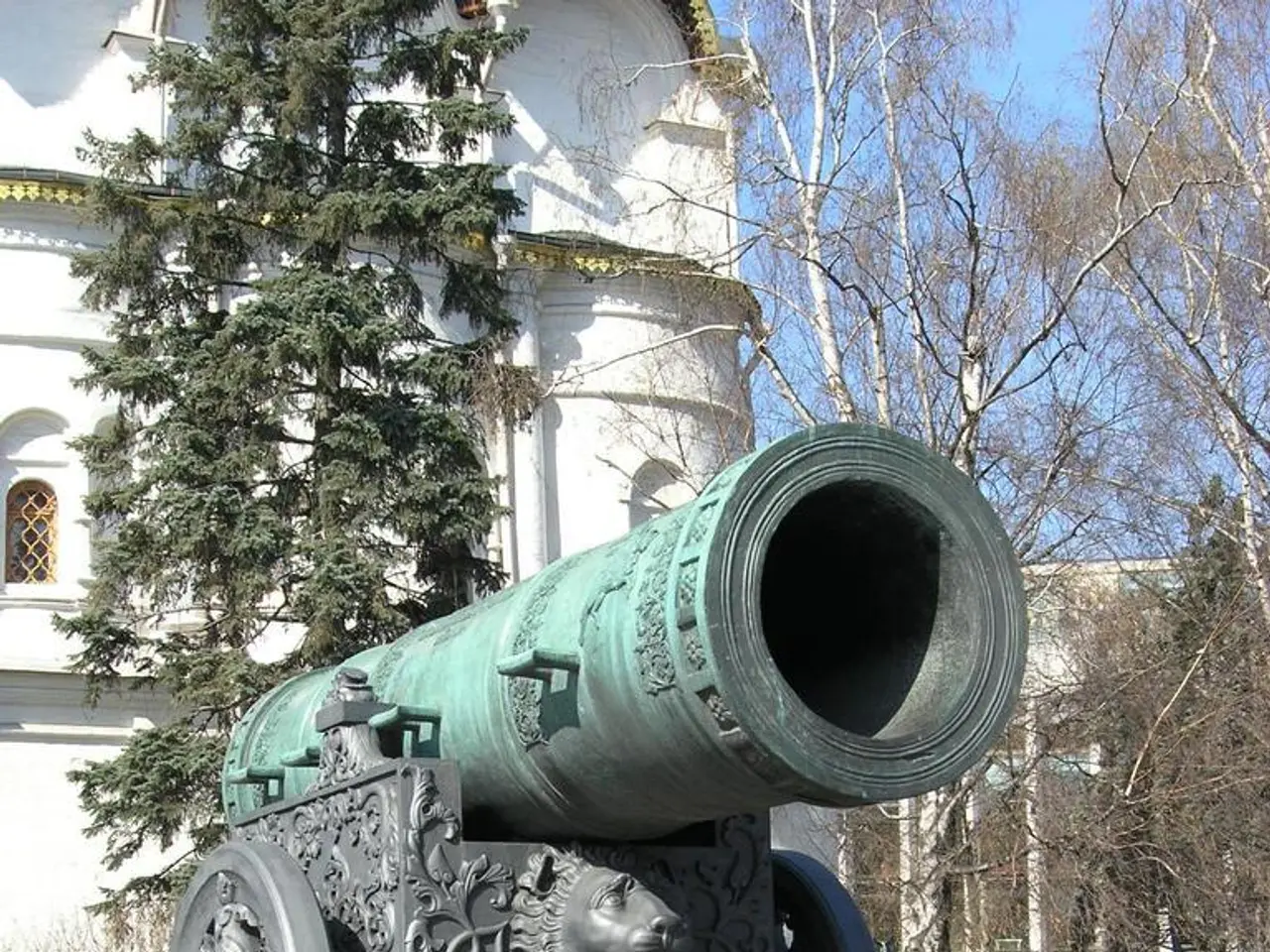Unusual encounter in person.
In a surprising turn of events, the sudden summit between President Donald Trump and Russian President Vladimir Putin took place in Anchorage, Alaska, on Friday. The primary purpose of the meeting was to discuss the ongoing Russo-Ukrainian War and seek a potential ceasefire or resolution to the conflict.
The location of the summit held symbolic value, as Alaska was once Russian territory, sold to the United States in 1867. This meeting marked the first between the two presidents since Trump was reelected in 2024 and since the Russian invasion of Ukraine in 2022.
Hosting the meeting in Alaska reflected a renewed interest in Arctic diplomacy and region-to-region contacts, especially between Russian Far East and the U.S. West Coast. The summit also took place on a U.S. military base (Joint Base Elmendorf–Richardson), underscoring the sensitive and security-conscious nature of the meeting, marking the first time a Russian president visited a U.S. military property.
The meeting was described as "constructive" by those present, including Canadian Prime Minister Mark Carney, who participated in a discussion with other leaders of Ukraine's allies ahead of the summit. However, the meeting ended without an agreement, with Putin resisting any pause on the war, and Trump hinting the burden of concessions may fall on Ukraine.
Ukrainian President Volodymyr Zelensky was not invited to the summit, a decision that was criticised by some, including Liana Fix, a researcher at the Council on Foreign Relations, who viewed it as a missed opportunity. Russian forces have announced capturing more than 110 km of Ukrainian territory this week, a first since 2024, according to Agence France-Presse.
Despite the lack of progress towards resolving the conflict, Trump has assured that a trilateral meeting will be organized soon afterwards. Trump had issued an ultimatum to Russia in July that if no agreement to end the war in Ukraine was reached by August 8, new sanctions would be imposed.
As the summit ended, apprehension among Europeans was palpable, viewing the meeting as a victory for Russia. Sarah Ann Oates of the University of Maryland expressed her doubts about how Russia could give back territories it currently occupies. Diddy Hitchins explained that the summit was organized quickly, without the usual preparation time for such meetings.
In the wake of the summit, it remains to be seen whether this meeting will mark a turning point in U.S.-Russia relations or if it will be just another chapter in the ongoing Russo-Ukrainian War.
[1] The Washington Post [2] The Guardian [4] BBC News [5] The New York Times
- As the summit ended without an agreement and Ukrainian territory continued to be captured by Russian forces, French media, such as Le Monde and Libération, intensified their coverage of the Russo-Ukrainian War, providing detailed analysis of the political ramifications and potential solutions.
- Amidst the tense political climate surrounding the summit, general news outlets like CNN, Al Jazeera, and Reuters covered the event extensively, with the French-language services of these networks discussing the impact on war-and-conflicts, politics, and European relations, highlighting the symbolic value of the meeting's location and the missed opportunity of Ukraine's exclusion.







